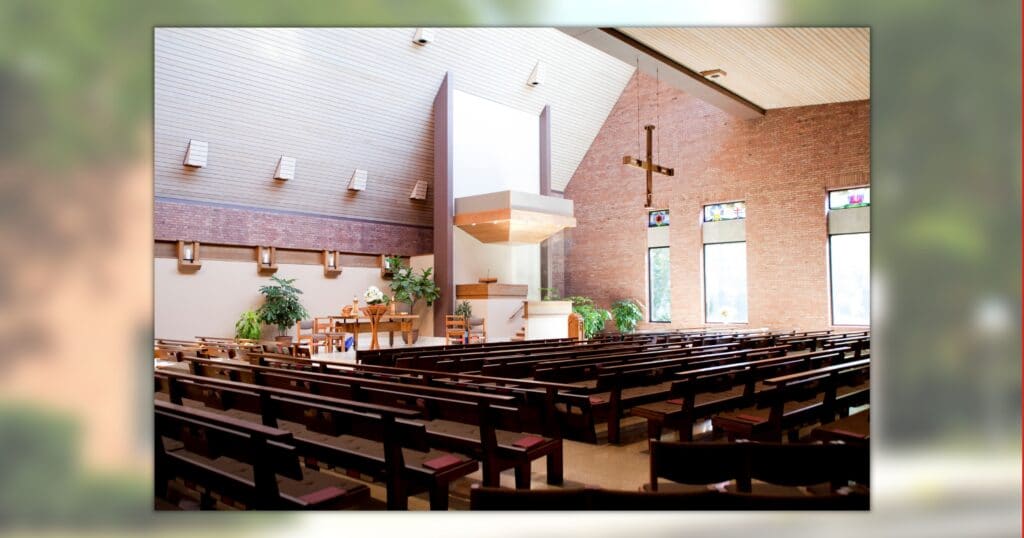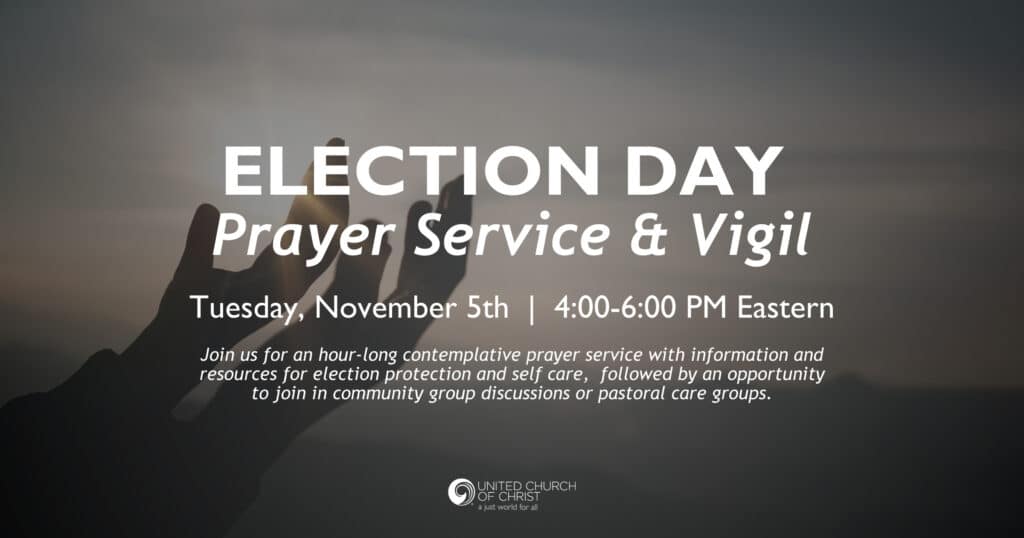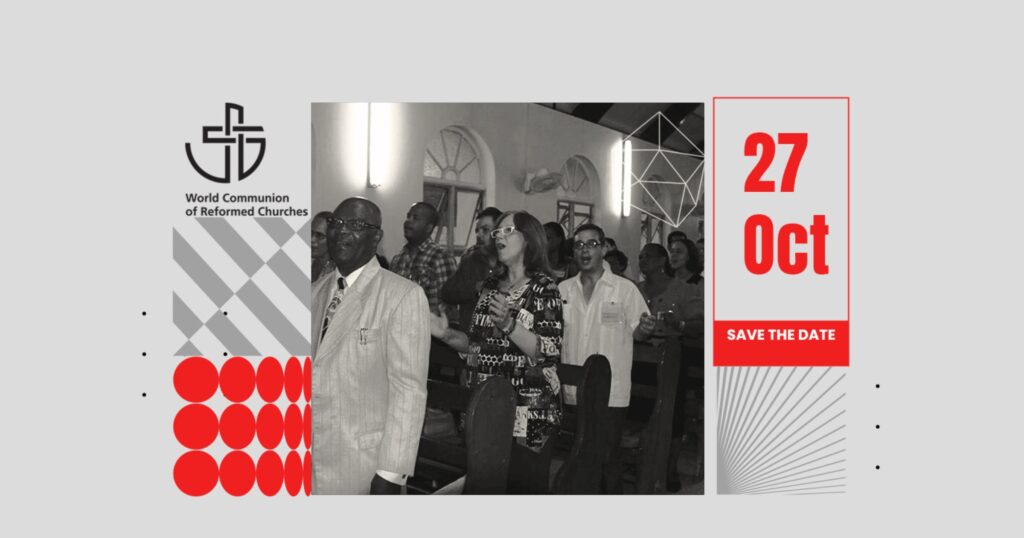Wisconsin church relieves debt for West Virginians
Gifts from a Wisconsin church have abolished more than $866,000 in medical debt for families in West Virginia.
Money given by First Congregational United Church of Christ, Appleton — paired with a contribution from a national UCC ministry — relieved debt for 657 households in 18 West Virginia counties.
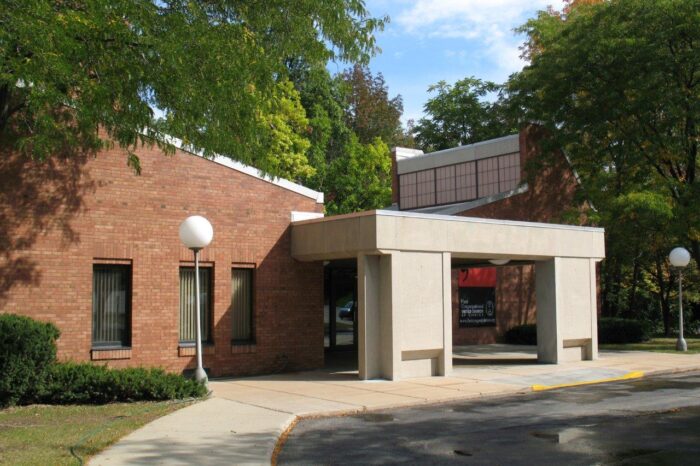
It was one of the final debt purchases in a two-year-plus campaign, nationally in the UCC, to relieve medical debt in every region of the United States.
“I believe heightened awareness of the need, and recognition that even a small donation can result in easing a major burden for our neighbors — far and near — moved church members to respond,” said Josephine Muehl, a lead organizer of the First Congregational campaign.
“The UCC national leadership did a phenomenal job of defining the collective path and keeping the momentum through sharing the progress being made. The total impact of the national campaign is truly amazing.”
Easter gifts, Advent buy
For the church in Appleton, the process worked like this:
- The congregation raised $17,083.33 for medical debt relief through a special offering last Easter, following a campaign throughout Lent.
- It forwarded that contribution to the UCC’s Justice and Local Church Ministries, asking that it be used — wherever needed — for that cause.
- JLCM added enough to bring the total to $20,000, which it sent to the New York-based nonprofit RIP Medical Debt.
- Those gifts then took their place alongside a series of debt buys the UCC made through RIP in 2021.
- RIP identified the debt in West Virginia and bought it up for pennies on the dollar in December.
- RIP then notified the affected households that their debt had been abolished.
- In January 2022, RIP reported the details of the completed buy.
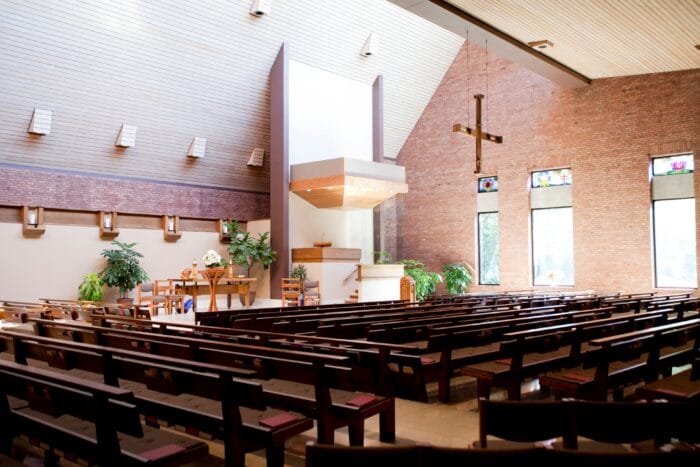
As with all buys in the UCC campaign, the West Virginians who benefited from the debt relief remain anonymous to the church. They received letters saying simply, “The funds that abolished this debt were generously provided by the United Church of Christ. No matter who you are or where you are on life’s journey, you are welcome in our churches. You are beloved by God and your debt has been forgiven.”
Where relief was focused
The purchase wiped out exactly $866,734.12 in medical debt. The average amount relieved per household was $1,319.23. Nearly 90 percent of the debt relief occurred in two counties in West Virginia’s panhandle:
- Ohio County ($548,175.93 for 375 households), and
- Marshall County ($227,599.38; 185 households).
Those two are straight across the Ohio River from two other counties that were the focus of a large UCC debt buy in Ohio, announced Feb. 14 (see related story).
As has been the case throughout the UCC’s campaign since 2019, qualifying debtors were those earning less than two times the federal poverty level; in financial hardship, with out-of-pocket expenses that are 5 percent or more of their annual income; or facing insolvency, with debts greater than assets.
“We are so excited to know the reach of our offering to RIP Medical Debt,” said the Rev. Laurie Lyter Bright, who is in charge of congregational care and mission at the Appleton church. She said the church “is committed to justice and living out our faith by extending grace wherever we can.”
Pushing for policy change
In a little more than two years — and with the large Ohio debt purchase — the UCC, collaboratively, has wiped out some $104 million in medical debt, touching families in every region of the country in which it serves. The denomination is now RIP’s biggest faith-based donor.
The Rev. Sekinah Hamlin, UCC minister for economic justice, said it’s all a reminder of why the UCC’s national ministries continue to push for changes in social policy. These include Medicare expansion and certain health-care provisions in the federal proposal known as Build Back Better.
“Medical debt still is the leading cause of U.S. bankruptcies and aggressive debt collection,” Hamlin said. “This reality leads to decisions that cut people off from needed health care. Health care is a human right, and no one should be penalized because they are too poor to be well.”
In Appleton, Lyter Bright said the debt buy represented a giving spirit and concern for neighbor that are typical of the congregation. “As one of their pastors, I’m delighted by their generosity and faithful response to God’s call toward jubilee justice,” she said. “I am also utterly unsurprised. This church leads with love.”
Related News
UCC to offer Election Day Prayer Service and Vigil
On Election Day, Nov. 5, join the Rev. Karen Georgia A. Thompson together with United Church...
Read MoreGoing beyond the blessing: Churches emulate St. Francis’ care for animals
https://www.youtube.com/watch?v=lu3LYwhLxCo UCC News presents a video news story on the...
Read MoreUCC leaders invite all to global celebration of Reformation Sunday
This Reformation Sunday, leaders from the United Church of Christ will participate in a global...
Read More